Calcium is an essential mineral best known for its important role in bone health. Our bodies also need it to stabilize blood pressure, regulate hormone secretion, and properly conduct nerve signals. When you don’t get enough calcium, you can suffer from calcium deficiency, which can be identified by certain symptoms.
We made a list of the most common signs that your body needs calcium.
Signs Your Body Needs More Calcium
Dry Skin
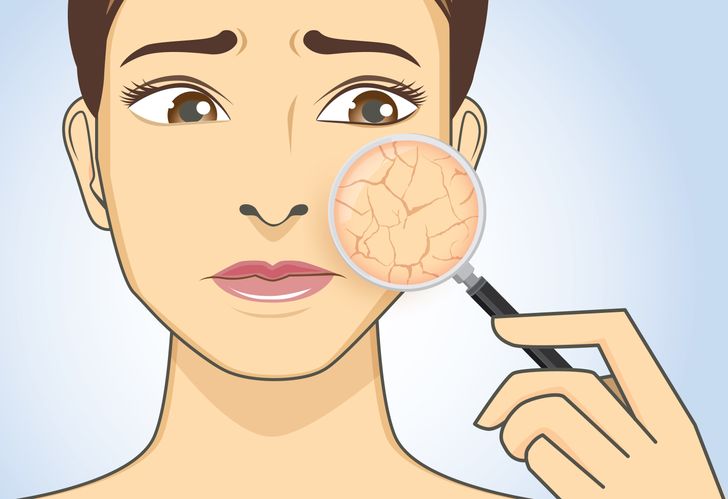
Hypocalcemia or a lack of calcium in the body can be visible on the skin. This condition often makes your skin look flaky and dry. Calcium deficiency has also been found to be closely related to the development of skin problems such as eczema and psoriasis.
Fatigue
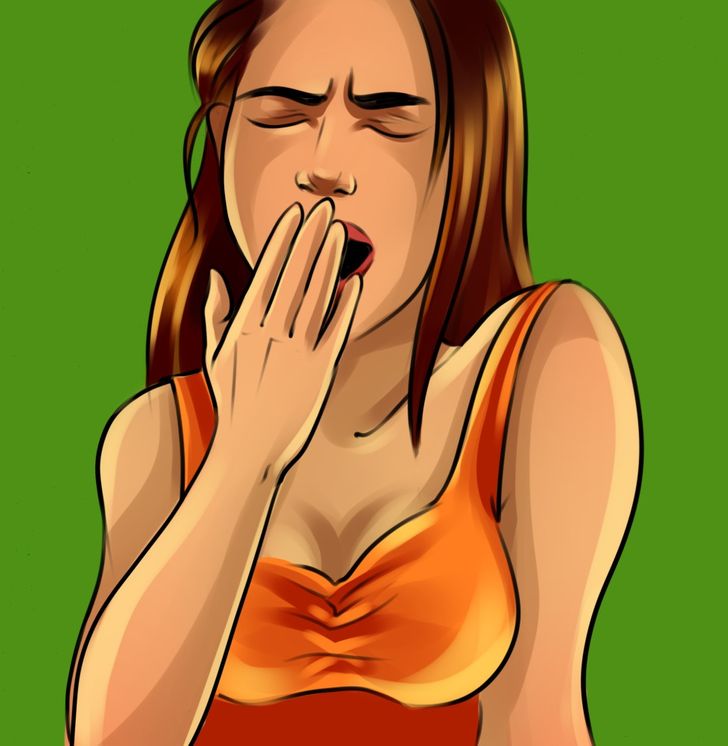
As a general rule, a lack of calcium in your body affects your overall physical health. So if you experience extreme fatigue, lethargy, lack of energy, or a constant feeling of sluggishness, cut back on your energy drinks and try to focus on balancing your diet.
Depression
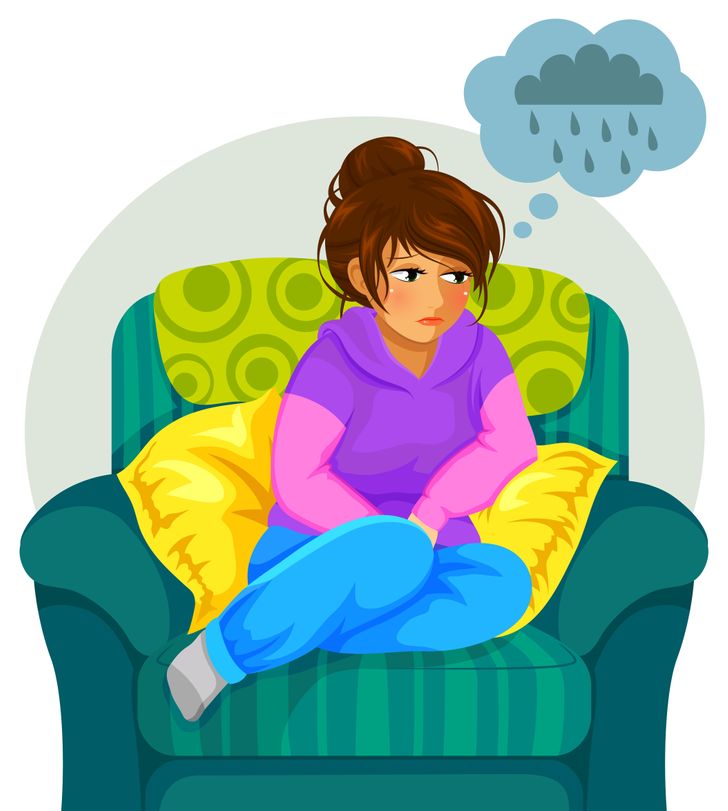
It turns out that calcium is also essential for regulating your mood. This element is a natural sedative that produces calming and relaxing effects. So the general rule of thumb here is the less calcium you consume, the more depressed and irritable you can feel.
Insomnia
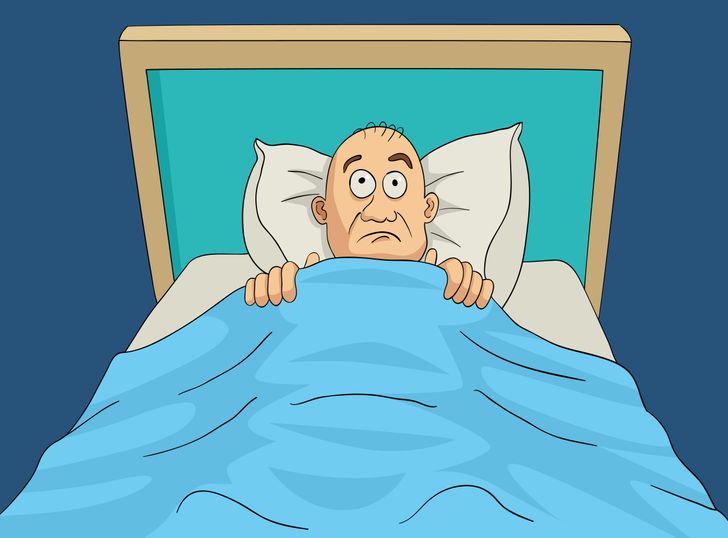
As you sleep, your calcium levels rise and fall, with the highest levels occurring during deep sleep. So if your body is lacking in calcium, you probably won’t be able to sleep soundly and satisfactorily.
This problem is directly related to the role of calcium in the creation of melatonin, a hormone that helps us fall asleep.
Paresthesia

Paresthesia includes a series of neurological symptoms related to severe calcium deficiency. Among them, you may experience tingling and numbness around the mouth or in the fingers and toes, muscle tremors, altered touch sensation, and even poor memory and hallucinations.
Frequent Illness
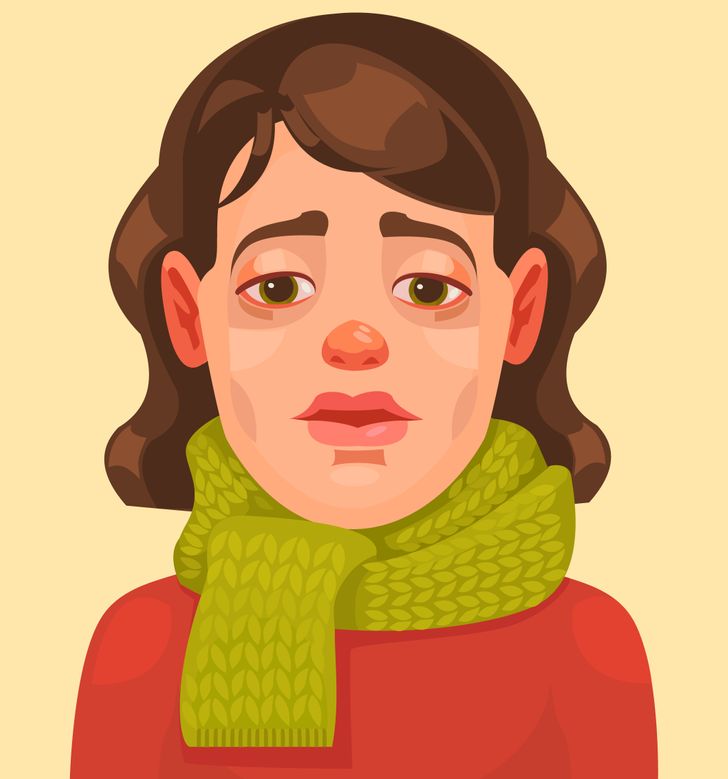
Calcium plays an important role in maintaining a healthy immune system, as it helps the body fight viruses and bacteria.
Calcium deficiency reduces your body’s resistance to pathogen attacks, and as a result, you will get sick, have a cold, cough, and sneeze more often.
How To Treat Calcium Deficiency
Each adult person should consume about 1000 mg of calcium per day. To maintain adequate calcium intake, you should add dark leafy vegetables like kale, broccoli, turnip greens, and kale to your diet.
Among other foods rich in calcium, it is necessary to consume more fatty fish (salmon, sardines, mackerel, and tuna), cheese, milk, soybeans, almonds, and sesame seeds.
To help your body absorb calcium better, you should also increase your intake of vitamin D. This vitamin is found in egg yolks, oysters, shrimp, mushrooms, and some fortified foods such as cereals, oatmeal, and orange juice.
Have you ever experienced any of these signs of calcium deficiency? Let us know in the comments!


